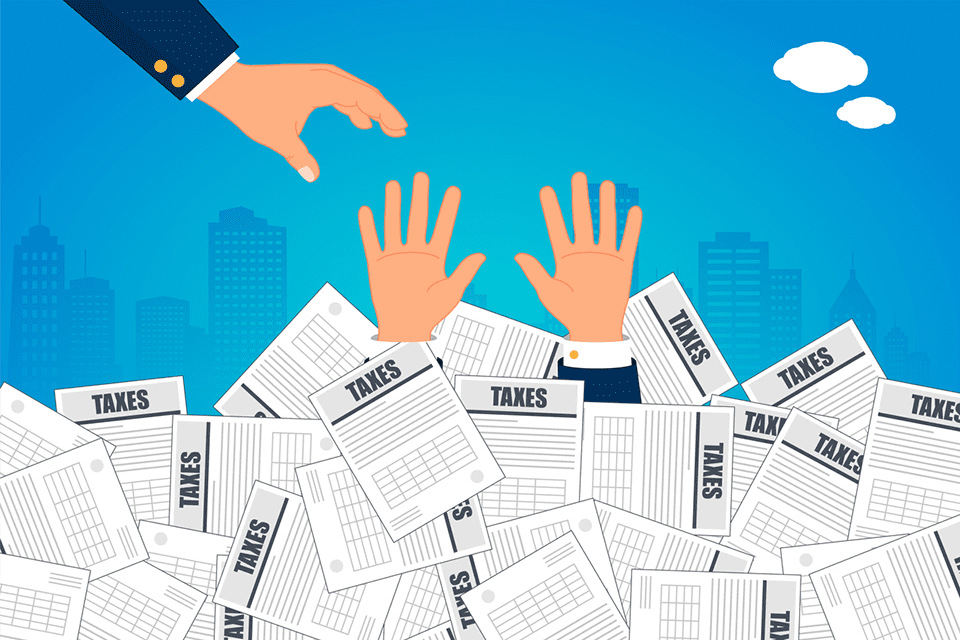Cannabis companies have long loathed 280E tax code provision, but the on-again, off-again marijuana rescheduling process has led to creative strategies to deal with it.
One such approach – championed by accountants such as Justin Botillier of Oregon-based CalyxCPA, who is giving an upcoming webinar on the topic – relies on a policy conclusion from the U.S. Health and Human Services in 2023 that marijuana never should have been classified as a Schedule I narcotic.
Exemption claims
The HHS statement was enough for Botillier – and many of his cannabis tax colleagues, he said – to offer financially distressed marijuana business clients an option: File your federal returns and claim exemption to 280E based on the position that HHS has taken, which is that cannabis simply doesn’t fit the definition of a Schedule I drug and therefore 280E doesn’t apply.
Botillier’s firm has filed “hundreds” of tax returns for cannabis companies using that argument.
The catch, he noted, is that it’ll be a few years yet before the three-year statute of limitations on federal tax returns runs out, and so it’s still up in the air as to how hard the Internal Revenue Service may push back on the claims.
What is undeniable is there’s been a wave of such returns filed starting about a year ago, when Trulieve Cannabis Corp. revealed it had obtained $113 million in refunds from the IRS by claiming exemption to 280E. That has led many others to follow suit.
The IRS could reject or audit such returns, Botillier clarified. While he’s had one company receive a denial thus far, no wave of audits has materialized.
And he argued that there’s good reason to believe that the worst-case scenario for companies in such a position is they’ll be forced to pay those taxes a few years down the road without serious penalties, as long as they can prove with solid books and records that they’ve made a good-faith effort to pay their federal tax burden.
“That’s what all this is, is a good faith argument. It’s not tax evasion. We’re not breaking the law. It’s just our interpretation is different than what the IRS’s interpretation is,” Botillier said.
Intrastate commerce
But tax attorney James Mann, who represents a number of high-profile multistate operators across the U.S., said Botillier’s position is “flatly untrue.”
Mann pointed out that the HHS position has not been formally adopted by the DEA or the Department of Justice, since the rescheduling process has been put on hold. Mann noted that, according to the DOJ’s Office of Legal Counsel, the HHS conclusions are “not binding” on the DEA.
“It is not accurate to say that there is a definitive executive branch finding about cannabis rescheduling, only an HHS study,” Mann asserted.
By contrast, Mann said he’s been using a different legal tactic based on constitutional arguments that 280E doesn’t apply to intrastate commerce due to the 16th Amendment and the Constitution’s Dormant Commerce Clause.
“Some of them received significant IRS refunds and have better cash flow going forward,” Mann said.
Mann expressed skepticism about Botillier’s rationale, saying “anyone who claims there’s a magic bullet” should face skepticism from taxpayers.
“The concern is that if large numbers of taxpayers file reckless and ill-advised returns using frivolous grounds to challenge 280E, at some point it looks like a taxpayer revolt, which never ends well for the taxpayers,” Mann said. He warned that there could be a backlash from the IRS against cannabis companies that rely on the strategy Botillier is espousing.
Relieving the burden
Botillier defended his stance, and said he’s worked in conjunction with Greenspoon Marder partner Nick Richards, another noted U.S. cannabis industry tax expert.
“It’s not like I’m at this alone,” Botillier said, adding the entire area of anti-280E strategies is new and very much evolving.
“If my clients want to move forward without reducing deductions for 280E based on the arguments that I’m presenting, they should have that opportunity. They shouldn’t be proactively paying the IRS when it’s debatable … And it’s hugely debatable right now,” he said.
Regardless of the underlying argument, both Botillier and Mann agreed that an increasing number of their respective client bases are getting desperate to escape the financial hardships imposed by 280E.
“The majority of cannabis taxpayers can’t pay the tax under 280E. So either they close down or they take a position that 280E doesn’t apply to them. That is a taxpayer revolt. It’s a self-help solution, but there are different ways to do it, and some are better advised than others,” Mann said.
[[{“value”:”Despite differing approaches, cannabis tax attorneys and accountants want to help clients relieve the burden of 280E.
The post Lack of clarity from IRS leads to differing anti-280E tax strategies among cannabis pros appeared first on Green Market Report.”}]] Read More


